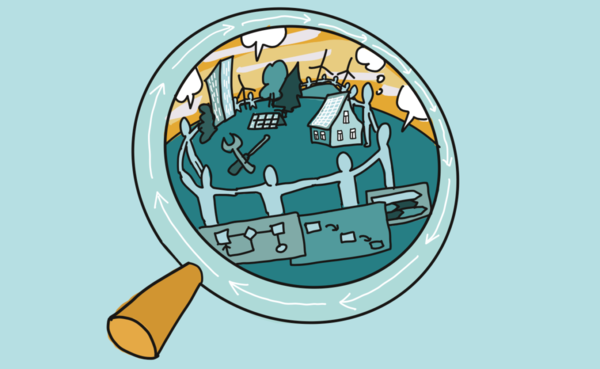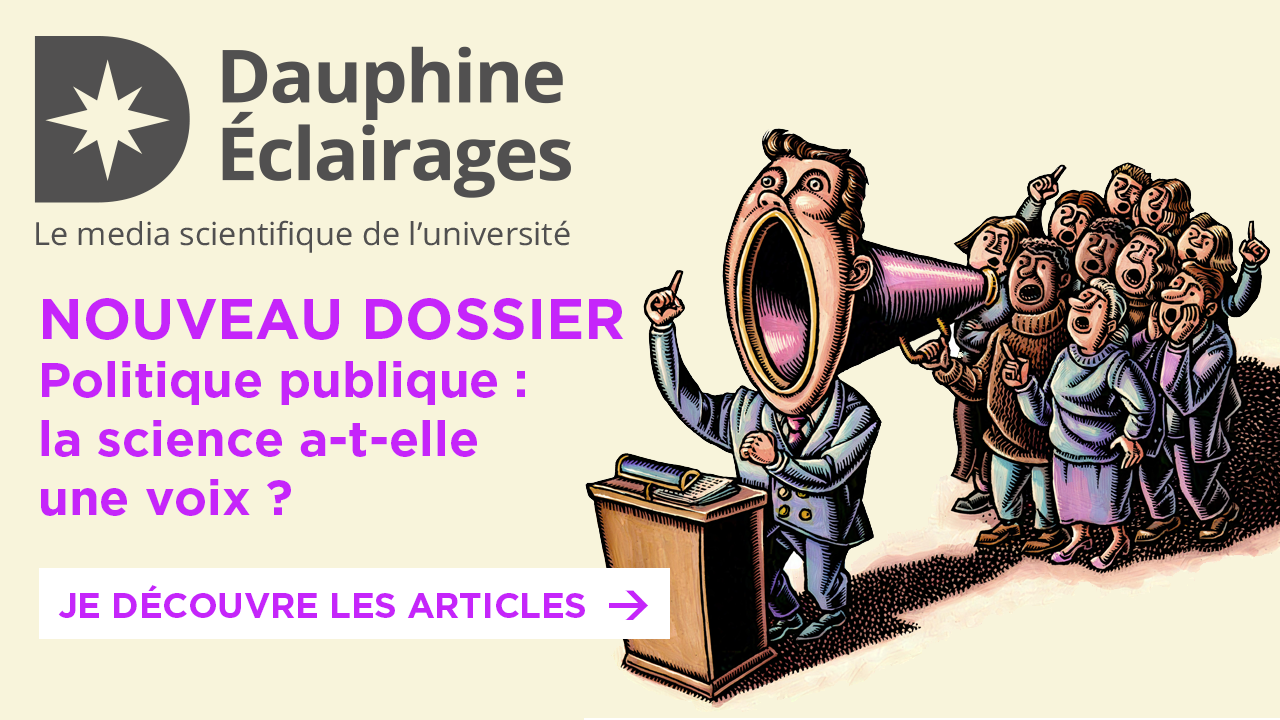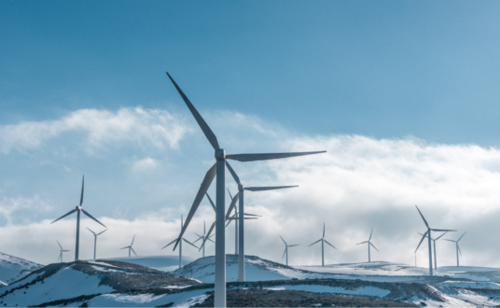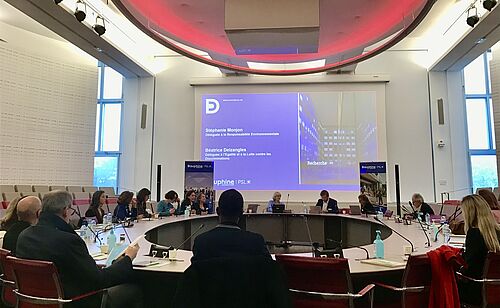YERUN Education for a more sustainable world, Université Paris Dauphine-PSL

Université Paris Dauphine - PSL is an active member of the Young Europeean Research University Network (YERUN) and took part in their most recent publication about how to integrate sustainable development in higher education - both, the academic curriculum and in extra-curricular activities.
On 16 June 2022, the Council of the EU adopted its recommendation on 'Learning for the Green Transition and Sustainable Development'.
This YERUN paper, and the recommendations it includes, well reflect the reality on the ground and provides some concrete examples on how the recommendations can be translated in reality.
One of Dauphine's actions is to introduce the topic early in the curriculum, including by the launching of a new multidisciplinary course on climate and biodiversity crises that is mandatory for all students in their first year of their Bachelor since 2020 : “The Ecological Challenges of the 21st Century” course.
This course is part of a broader educational offer on SD and social responsibility at Dauphine, the Dauphine Durable program.
"The aim of this course is to enable students to understand the physical, biological, energetic and social mechanisms that determine climate change. It is consistent with Dauphine-PSL’s overall ambition to train responsible students who will become professionals aware of the environmental, social and ethical consequences of their actions and decisions. The course consists of twelve sessions that provide students with knowledge to understand the scope of the issues surrounding climate change and biodiversity collapse"
The 12 lessons are available both in an interactive virtual form and as a pdf. Five of the lessons are delivered in a lecture hall to 900 students. Each year, the inaugural lesson is an opportunity for students to discuss with guests from the business world and NGOs. In the 2nd year, the course continues with lessons on public policies, low carbon technologies, environmental justice, knowledge production and advocacy.


